ICJ: Serbia not directly responsible
The International Court of Justice exhonorates Serbia of direct responsibility for genocide during the 1992-95 war.
Monday, 26.02.2007.
10:31

ICJ: Serbia not directly responsible
In a lengthy ruling, the International Court of Justice said the leaders of Serbia also failed to comply with its international obligation to punish those who carried out the 1995 massacre.The Serbian authorities "should have made the best effort within their power to try and prevent the tragic events then taking shape," in the UN enclave of Srebrenica, the scale of which "might have been surmised," the ruling said.
Reading the decision, Judge Rosalyn Higgins said it was clear to leaders in Belgrade that there was a serious risk of a massive slaughter in Srebrenica, where some 7,000 Bosnian Muslims were killed. Yet Serbia "has not shown that it took any initiative to prevent what happened or any action on its part to avert the atrocities which were being committed."
However, the Court ruled that the FRY state bodies had not planned nor executed Srebrenica genocide and that Serbia could not be responsible for the genocide committed in that town.
Judge Higgins used the report of the UN Secretary General on Srebrenica as a basis for the Court’s ruling that the perpetrators of the genocide in Srebrenica hadn’t been under an effective control of FRY authorities. The Court thus ruled that political bodies of the Republic of Srpska and the Bosnian Serb Army “Couldn’t have been solely as FRY’s instrument, without its own autonomy”.
Judge Higgins said the panel of international judges relied heavily on the findings of the UN war crimes tribunal for Yugoslavia, which has convicted two Bosnian Serb army officers on genocide-related charges for the slaughter at Srebrenica.
She stated the Court’s conclusion that Bosnian Serb Army Commander Ratko Mladić and other VRS officers involved in Srebrenica genocide “couldn’t have been automatically regarded as Yugoslav Army members or FRY state representatives”.
The case was the first time an entire nation was held to judicial account for genocide.
Earlier Monday, the court ruled that Bosnian Serbs committed genocide during the Srebrenica massacre. Bosnia claimed that Serbia bore responsibility for the genocide.
"The acts committed at Srebrenica ... were committed with the specific intent to destroy in part the group of the Muslims of Bosnia-Herzegovina as such, and accordingly ... these were acts of genocide" committed by Bosnian Serb forces, the judgment said.
At the outset of Monday's ruling, Judge Higgins rejected Serbia's argument that the court had no jurisdiction in the case, saying Serbia had the obligation to abide by the 1948 Genocide Convention throughout the 1992-95 Bosnian war.
The court — also known as the World Court — can only adjudicate disputes among UN member states. The UN Security Council suspended Yugoslavia's membership in 1992 and readmitted the country, then known as Serbia and Montenegro, in 2001.
Judge Higgins also said Montenegro, which withdrew from the Serbia-Montenegro federation last year, was no longer part of the case, and that Serbia alone assumed the "legal identity" of the former Yugoslavia.
Bosnia has said the government in Belgrade under then-Yugoslav President Slobodan Milošević armed, financed and encouraged Bosnian Serbs to conduct an ethnic cleansing campaign that amounted to genocide in an attempt to create a "Greater Serbia" during the war.
Serbia has said it was not responsible for the actions of Serb paramilitary groups, that the war was a conflict among ethnic groups, and that there was no intent to destroy Bosnia's Muslim population in whole or in part.
If it had ruled against Serbia, the court could have ordered Belgrade to pay compensation, which would have been determined in negotiations. Bosnia had said Serbia should pay restitution for life and property to both the victims and to the Bosnian state, claims that could have totalled billions of dollars.
It is the first case of a state charged with genocide in the history of the UN's highest court. It will decide whether Serbia is accountable for atrocities in Bosnia during the war of the early 1990s.
You can find links to dowload the summary and the full text of today's judgement in our File Cabinet pages.
Photographs from the ICJ courtroom, protests and reactions in our gallery.










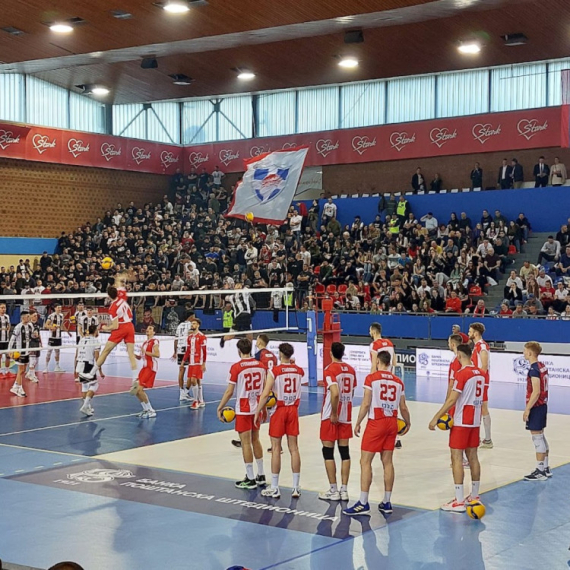

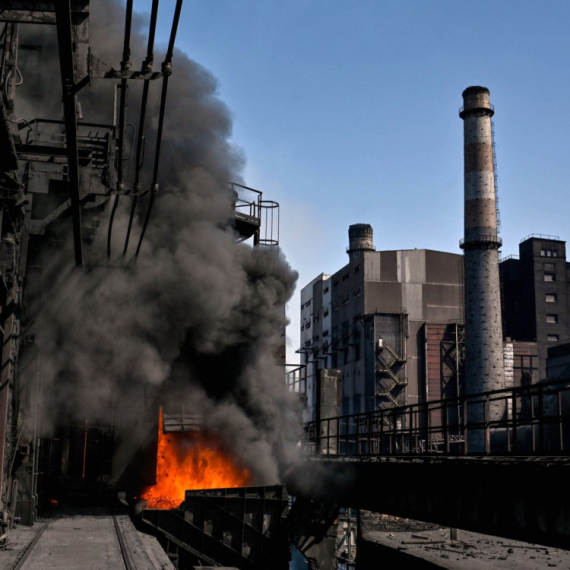
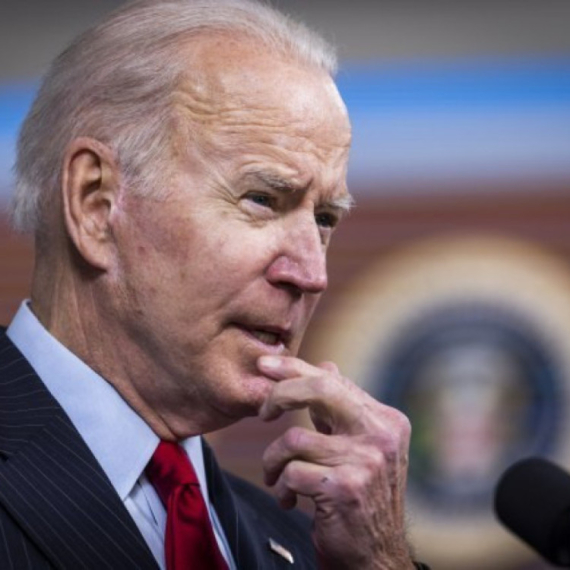
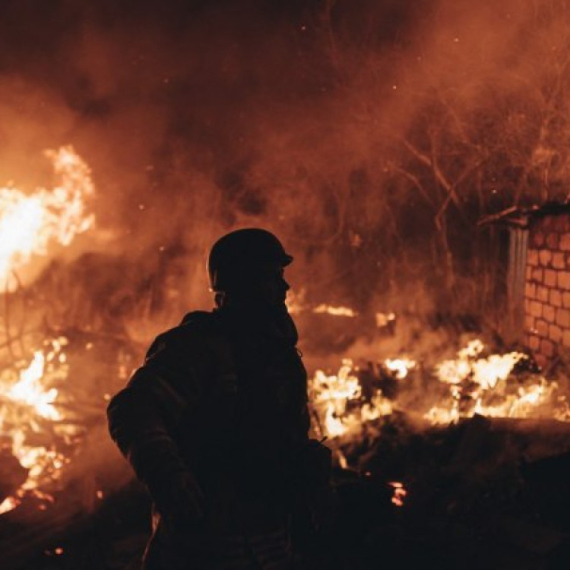
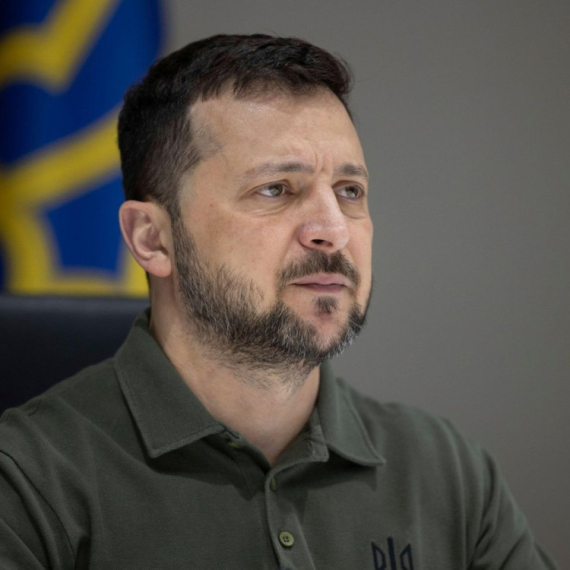
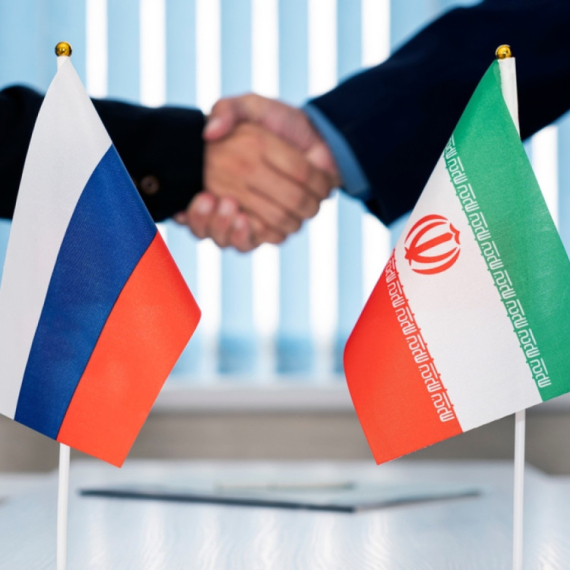
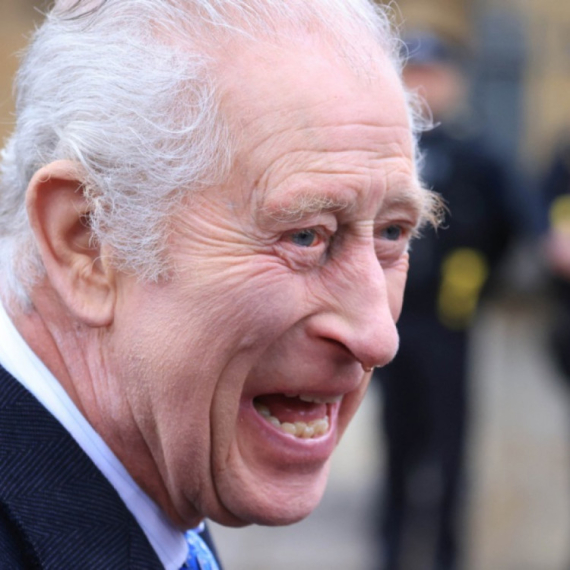
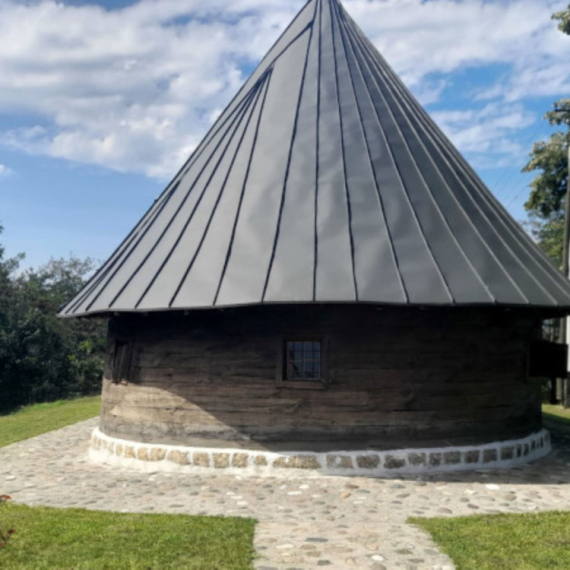


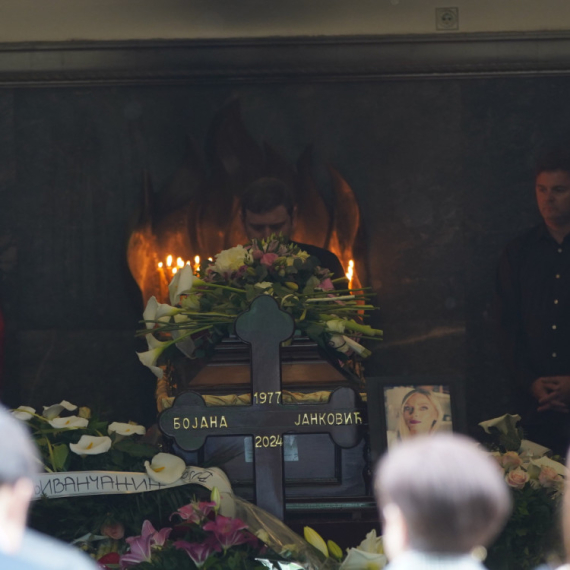




































Komentari 44
Pogledaj komentare